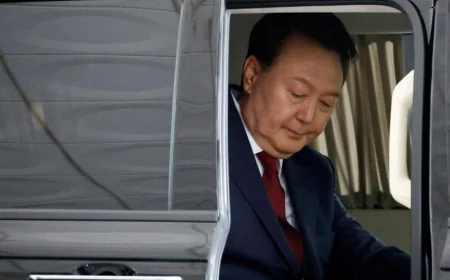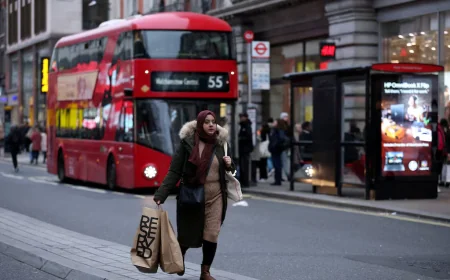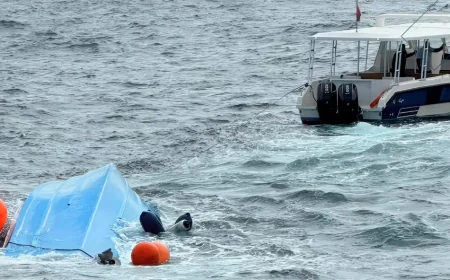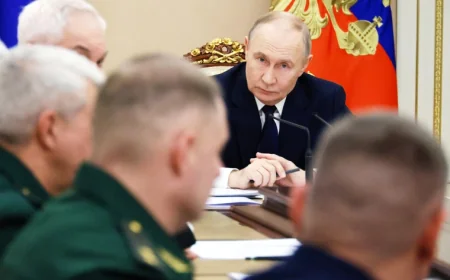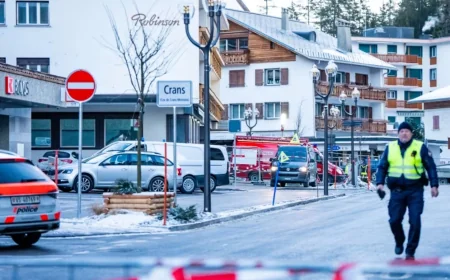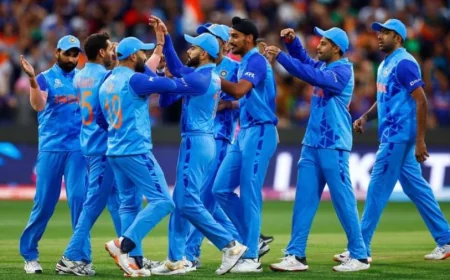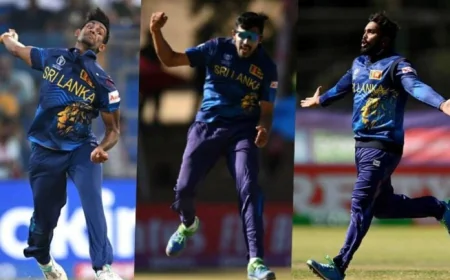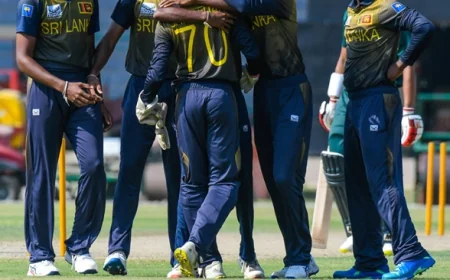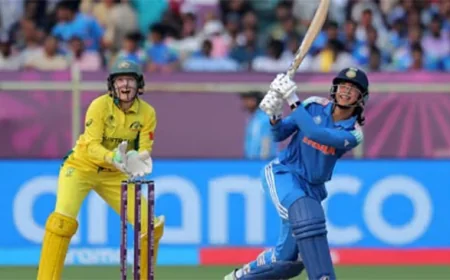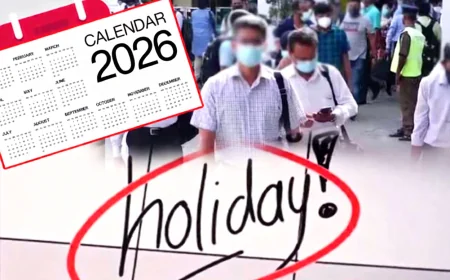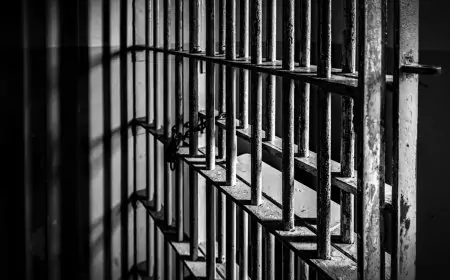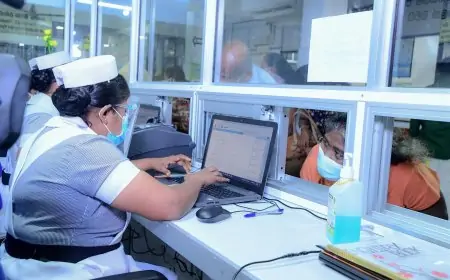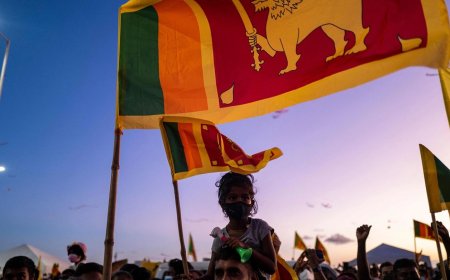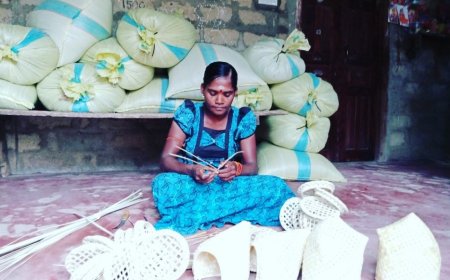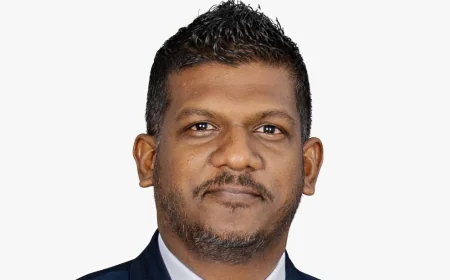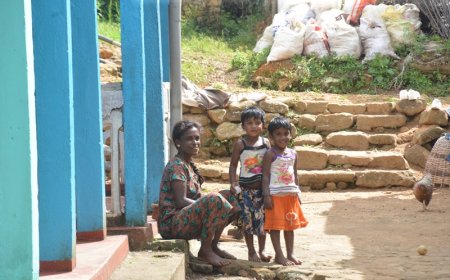The terror of terrorism Laws in India and Sri Lanka
And everyone like Meenakshi Ganguly wants the presumption of innocence to be the basis of any criminal law.
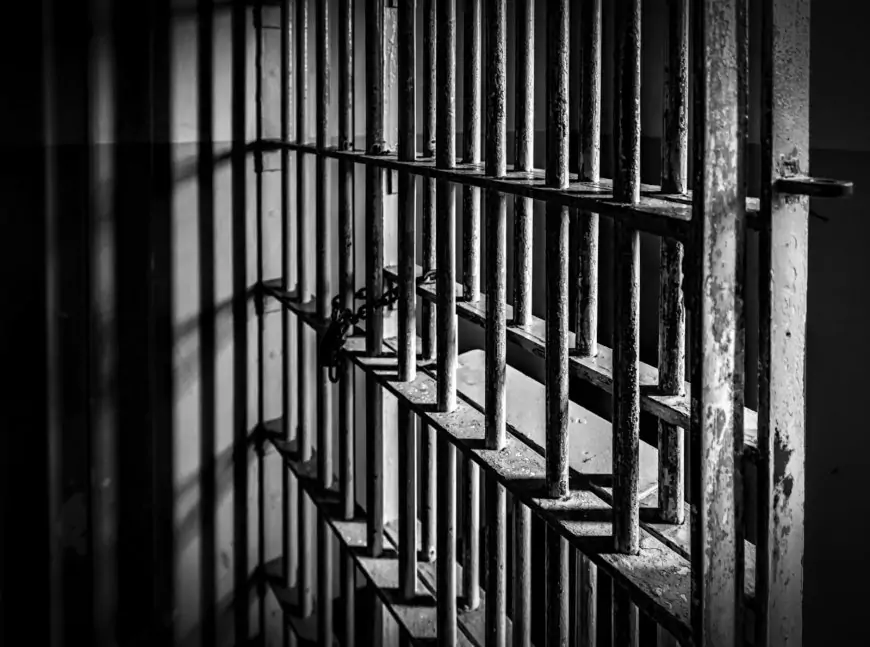
“The tragedy of my detention will continue until my death,” said the wrongly accused victim of Sri Lanka’s Prevention-terrorism Act. Multiple reports have highlighted the imprisonments of hundreds of falsely accused Sri Lankan Tamil and Muslim minorities under the terrorism law. Chellaya Rasaiah (71) recalls his own detention for a crime he didn’t commit. He was arrested in 1987 at a checkpoint in Elephant Passed Military Camp on suspicion of being a member of the Liberation Tigers of Tamil Eelam (LTTE). After five days in this concentration camp, he was moved to Vavuniya Joseph Camp. “I was subjected to two weeks of severe interrogation and torture at the Vavuniya Joseph camp.”
“Numerous innocent people have been unfairly victimized by PTA, a majority of them were never properly identified for their involvement in terrorism. My firm belief is I am one of them.”
The definition of those terms is vague and vast. Cession or secession of the territory of India or disrespect to its sovereignty is labelled unlawful and threats against India’s territory, unity and stability are defined as acts of terrorism.
India has been burdened and bruised by many terror attacks and this reason has justified the blind eye in the enforcement of UAPA. “Terrorism laws are harsh and draconian. They give the police a lot of power. And the police are misusing that power,” says Abdul Wahid Shaikh, a school teacher who falsely spent 9 years of his life in jail for his alleged involvement in the 2006 Mumbai train bombings.
“I had a lot of faith in the Bombay police. They initially kept me in the dark, stating my arrest was related to a murder case. Till going to jail, I was not told the reason behind my arrest.” Once inside Arthur Road Jail, where he will spend 9 years before justice gets delivered, he found a helpful inmate.
One of the inmates shared chai, biscuits and a copy of the Times of India newspaper with Shaikh. “The paper had our names and the story. It showed us being accused under the terrorism law.” This is when his belief in the police, the law and the judicial system shattered.
Sri Lanka
Sri Lanka's terrorism laws evolved from the 1947 Public Security Ordinance granting emergency powers. The Emergency Act targeted terrorism, while the Civil Defense Ordinance empowered security forces against insurgency. Amidst rising insurgency in 1978, the Prohibition Act banned groups like the LTTE, laying the foundation for the first anti-terrorism law. The Prevention of Terrorism Act of 1979 replaced prior legislation and remains in effect, reflecting Sri Lanka's ongoing response to internal conflicts and security challenges.
India
Before UAPA in 1969, India had two other counter-terrorism laws. First, the Terrorist and Disruptive Activities (Prevention) Act of 1985. 95% of the TADA trials ended in acquittals. Later came the Prevention of Terrorism Act in 2002. POTA took the draconian aspects of TADA with no option for preventive detention.
“While many Sikhs were held under TADA, and a number of Muslims under POTA, both laws were also widely used in other parts of the country, including against Dalits and Adivasis,” says Meenakshi Ganguly, the Deputy Asia Director of HRW Human Rights Watch.
UAPA takes up many draconian aspects of both TADA and POTA. The new Bharatiya Nyaya (Second) Sanhita 2023 offers little hope. Ganguly admits, “Reforms to the penal code were necessary to remove colonial-era provisions. But simply changing the name is not enough. Instead, it should be amended to meet international human rights standards.”
According to an RTI filed in October 2022, from 01.01.2019 to 20.11.2021 the Prevention of Terrorism and Investigation Division arrested 317 suspects, including 22 women, under the PTA. In addition, During the same period, 344 people including 10 women have been arrested by other security forces of Sri Lanka. 209 suspects, including 07 women, were released without filing a charge sheet.
According to an RTI filed in April 2024, the information provided by the Counter-Terrorism and Investigation Division is as follows
|
Details of those arrested under the Prevention of Terrorism Act from 20214 – 2024.05.13 |
|
|
Sinhala |
125 |
|
Tamil |
429 |
|
Muslim |
307 |
|
Others |
07 |
|
Total |
868 |
|
Details of suspects arrested and released under the Prevention of Terrorism Act between 20214 – 2024.05.13 |
|
|
Sinhala |
58 |
|
Tamil |
279 |
|
Muslim |
227 |
|
Total |
564 |
|
Year |
New cases |
Persons arrested |
Pending Cases |
Cases convicted |
Cased Discharged |
Cases Acquitted |
|
2022 |
1005 |
2632 |
3999 |
36 |
9 |
153 |
|
2021 |
814 |
1621 |
3998 |
27 |
2 |
39 |
|
2020 |
796 |
1321 |
4021 |
22 |
2 |
99 |
|
2019 |
1226 |
1948 |
3993 |
33 |
16 |
64 |
|
2018 |
1182 |
1421 |
3905 |
34 |
23 |
68 |
|
2017 |
901 |
1554 |
3920 |
34 |
- |
- |
|
2016 |
922 |
999 |
3548 |
11 |
- |
- |
|
2015 |
897 |
1128 |
3040 |
11 |
- |
- |
|
2014 |
976 |
2181 |
2549 |
- |
- |
- |
Source: Crime in India (2014 - 2022)
After the Easter bomb attack in Sri Lanka in 2019, hundreds of Muslims were arrested on suspicion and suffered various hardships. Meanwhile, many journalists and poets have been arrested under the Anti-Terrorism Ahnaab Jazeeb is one such person. Poet and teacher Ahnaf Jazeem was acquitted by the Puttalam High Court, nearly two years after he was wrongly detained under the PTA.
In this scenario, Ahnaf Jazeem is one of the victims. He is a young poet, and was arrested on May 16, 2020, under the Anti-Terrorism Act under the charge of 'spreading fundamentalist ideas' and teaching extremist ideas to children through his poetry book 'Navarasam'. After being detained for more than a year, he was released on bail in December 2021.
In this regard, his worries are expressed like this “My name is on the terrorist list in the government gazette. Because of this, I can't do any business and can't get a government job either. The private sector is also afraid to give me employment. I am unable to fly abroad to find a job. Despite my case being settled, I have not been able to completely free myself from this problem,” laments Ahnaf Jazeem
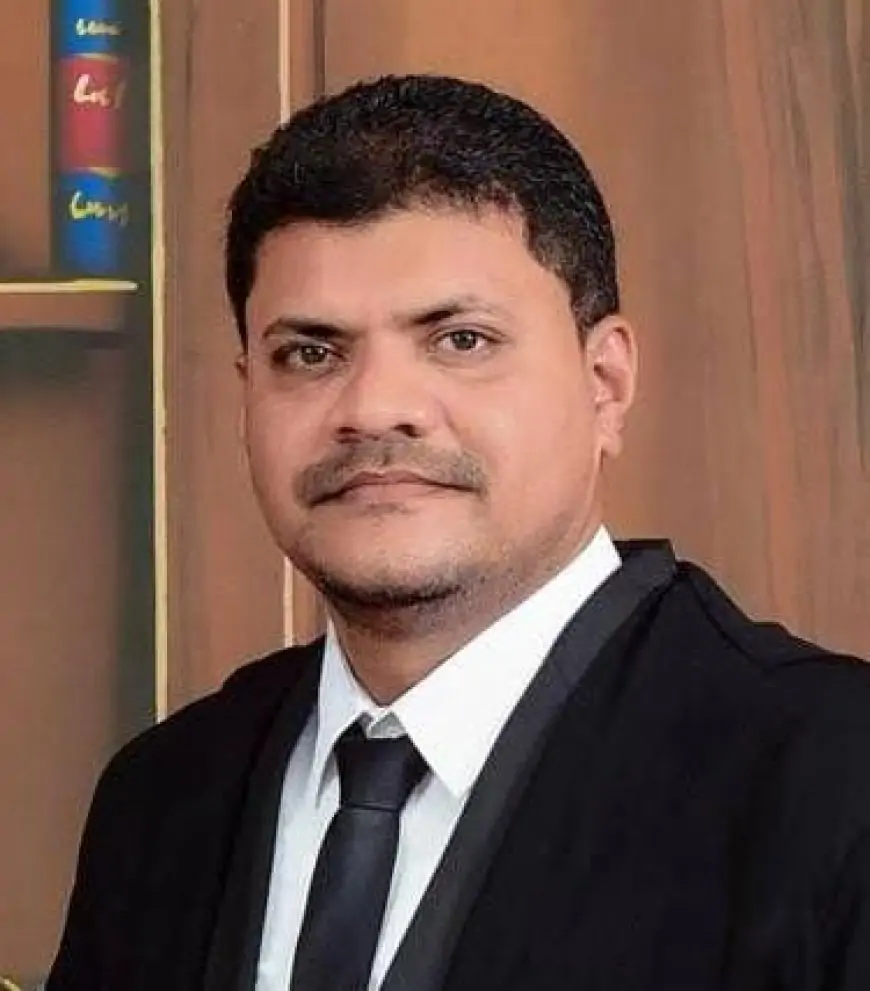
He adds “I was arrested by Vavuniya TID on 16.5.2020. The reasons for my arrest were said by the TID content of my poetry book Navarasam which they think I wrote to incite terrorism and encourage terrorism and that I printed and published it and spread extremist ideas across the country. I was about to get married before my arrest. After my arrest, they broke the marriage proposal based on the suspicion that I was involved in terrorism. Even society ignored it and even my families were scared. This incident severely affected my education and family life.”
Mr Ahnaf Jazeem (28) expressed his concern “I have nothing to do with terrorist organizations and I was arrested for a crime which I didn't commit, so it was a clearly politically motivated arrest.” He also appealed to the government to pave the way for those labeled terrorists to be freed from charges and live freely. "I sincerely believed that I was innocent. Justice is not dead in Sri Lanka. I am happy that I have been released.'
13 were arrested in connection to the 2006 Mumbai bomb blasts. Shaikh was charged under the Maharashtra Control of Organised Crime Act (MCOCA) and the national terrorism law - UAPA. He recalls how it is unlawful to be charged under 2 terrorism laws. Unlike a convicted prisoner, who knows his jail term the non-convicted prisoner has no idea his length of stay in the jail.
“The under-trial phase lasts for 14 days. I had hope that at the end of the 14 days, there would be a miracle. I would either get bail or recharge.” The cycle of awaiting judicial results lasted for 9 years for Shaikh. During this term, Shaikh observed police brutality first-hand. He has documented his experiences in his book Innocent Prisoners.
Out of the 13 accused, only Shaikh was acquitted of his charges in 2015. After his release, he co-founded Innocence Network in 2016 to help falsely accused like him with legal and financial aid. “I have realised that many innocents were still stuck in jail. So some activists, lawyers and I got together to help them with legal and other aid in 2016.”
Despite being acquitted of charges by the court, the police continue to interfere in the life of the falsely accused. Shaikh says that the police would still see them as suspicious and would call them for inquiry and even search their place. He recalls how last year the NIA decided to search his house at 5 A.M without a search warrant. After refusing to let them inside his house without a search warrant and transparency, a warrant was produced 6 hours later. When the search ended at 5 P.M, the authorities found no incriminating evidence against Shaikh.

Ganguly says that reforms were necessary to change the colonial-era laws against terrorism. However, the current reality of these laws is harsh for critics of the government. Human rights experts have repeatedly called for a repeal of terrorism laws.
Many who have been arrested and released under this law, like Ahnaf Jazeem and Abdul Wahid Shaikh, go through the same psychological impact and insecurity. They similarly face various difficulties in reintegrating into society. Many people who have been unjustly arrested on suspicion are also facing financial difficulties in many aspects such as the cost of prosecution to prove their innocence amid the economic crisis.
Targeting minorities
PTA is a deliberate act against the Minority communities in Sri Lanka. As such, more than 95 per cent of arrests are false attempted. Ganguli says, “While the AntiTerrorism Act was initially used to arbitrarily detain Tamils allegedly associated with the LTTE and other separatist groups, it has recently been used to detain students fighting against the corruption that has fueled Sri Lanka's economic crisis”.
Still, it is exposed through the data and opinions of the professionals that many thousands of minority people have been affected by this law in Sri Lanka. The Prevention of Terrorism Act (PTA) in Sri Lanka should be non-discriminatory on the basis of religion, class and caste. However, its practical use is problematic. Successive governments have frequently used the PTA to target minorities and political opponents. Most of those arrested under this Act belong to minority groups. Governments selectively use this law to retaliate against their enemies.
These discriminatory practices are possible because of loopholes in the law, said by Sahfy Ismail, president of the Center for Justice and a lawyer.
He expressed his criticism of the proposed law to replace the existing Anti-Terrorism Act, saying that one of the most worrying aspects is giving the President the power to restrict the rights of citizens, including the right to assembly, freedom of movement and the right to express their opinions.

Furthermore, the ATA would allow higher police officers to detain suspects without sufficient evidence, further exacerbating an already challenging situation. Lawyer Sahfy Ismail added that the “you can believe a known ghost rather than an unknown ghost.”
Shaikh stresses that getting justice as a religious minority accused of terrorism acts is difficult. He says, “Every law is perfect on paper. But the reality is different. Add religion to it and then the law changes its shade more. If it is a Muslim, then the person gets treated differently by the police and the agency.”
The political and social reality in India is increasingly turning hostile towards its minorities. The Citizen Amendment Act (2019) has been highly scrutinised for its marginalization of Muslims. Smear campaigns against Muslims, mob lynchings, and demolition of Mosques are indicators of the purposeful creation of animosity against minorities.
Ganguly adds, “The UAPA was amended after POTA was repealed, but is also being misused, including in politically motivated cases to target government critics. The UAPA has become increasingly draconian, and is being used to target religious minorities, rights activists and political critics of the ruling government led by the BJP.”
“Successive governments in Sri Lanka have promised to repeal the Terrorism Act, but the proposed laws instead reflect the wrong rules and introduce new conditions. The new ATA does not meet international standards and the law proposed to replace the Prevention of Terrorism Act. These laws allow for long periods of detention without any charge and should be abolished,” says Ganguly.
And everyone like Meenakshi Ganguly wants the presumption of innocence to be the basis of any criminal law.
-Mohamed Riswan, Mohamed Fais (SriLanka) and Priyal Shah (India)
